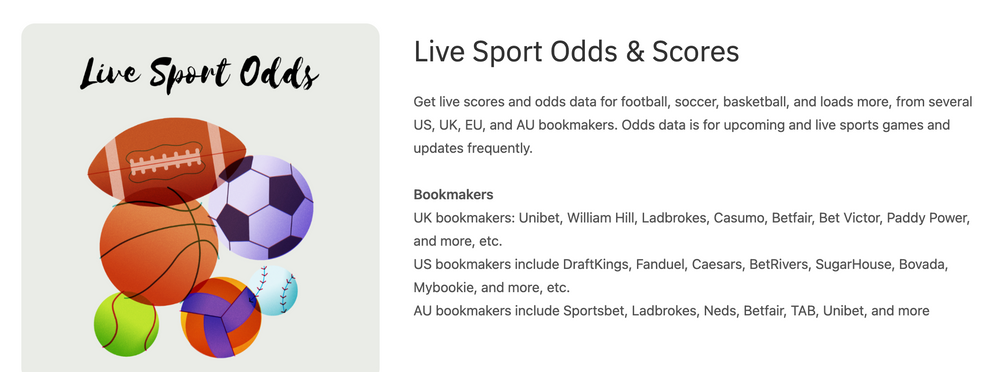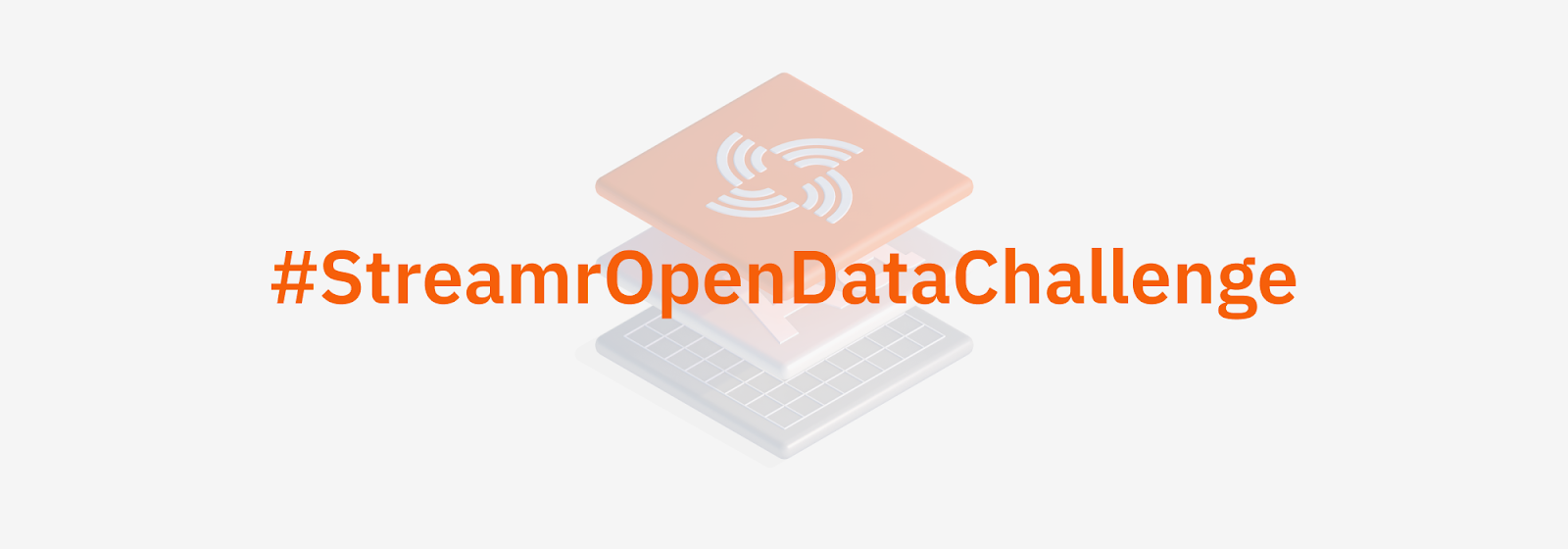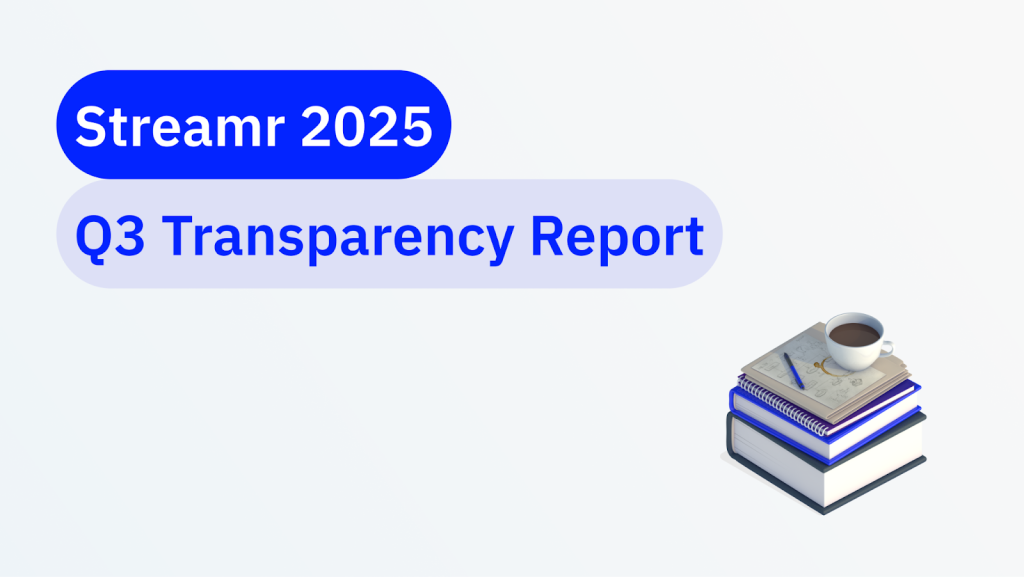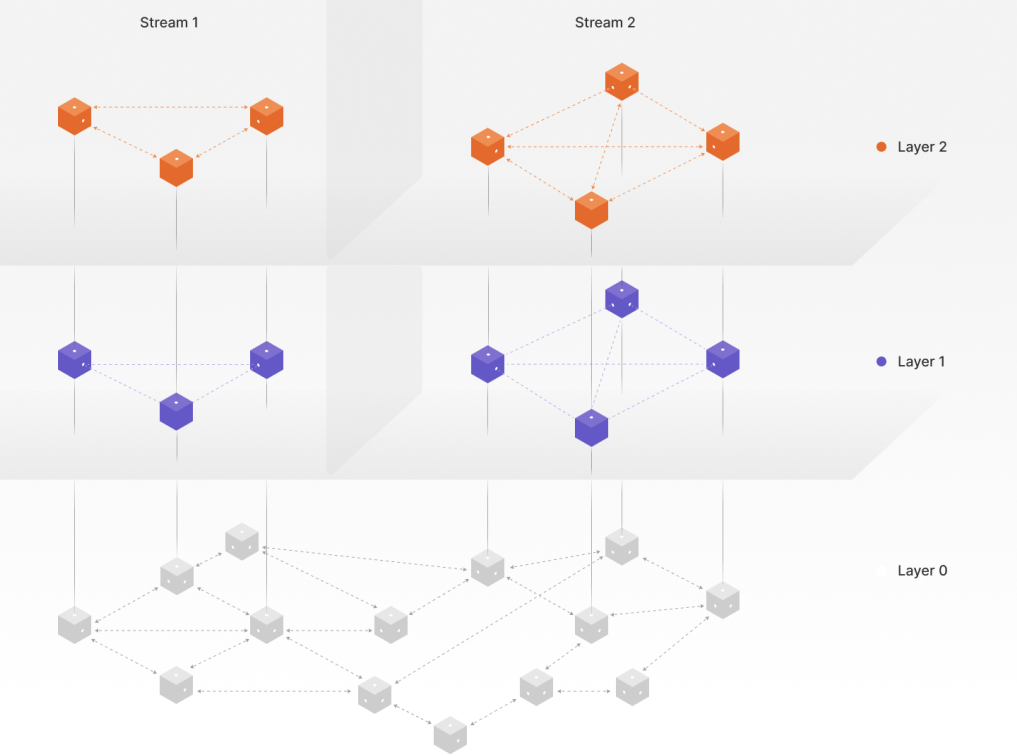Let’s take a look at the winners of round two of the Streamr Open Data Challenge. After a successful debut, we moved the contest to the LearnWeb3 platform to increase our reach among Web3 developers.
Round two winners
I’m pleased to say that it worked and we now have two new data streams and unique use cases added to The Hub!
🥇 Winner—Mide Sofek
Rendevous is a position-data streaming application that uses the Streamr Network to allow its users stream their position data either privately between contacts who have been granted permission, or in a real-time data marketplace for reward incentives. Users create or join streams and share their position data with subscribers to the stream—with trust that the data is running over the P2P Streamr Network.
Rendevous’ architecture leverages the Streamr Client to “publish” and “subscribe” to data. The metadata provided by the subscribe method provides subscribers with additional information such publisher address and timestamp. Additionally, Rendevous uses Streamr Storage to enable stream subscribers to access data published in the time before their active subscription (30 minutes by default).
The next phase of Rendevous will be the development of the Rendevous Marketplace to integrate stream permissions, tokenisation, and Smart Contracts to provide incentives to users willing to share position data with advertisers or event organisers for real-time market analysis.
Read the fantastic blog article for more details and follow Mide on Twitter to stay tuned for updates on this unique use case!
Winner—Donatus Prince

This project used Streamr to create a decentralized data hub that provide users with up-to-the-minute sports odds and scores. The data is sent from the source APIs to a Streamr stream on The Hub where it is stored and can be subscribed to in real-time. This is similar to topics in traditional pub/sub-networks, but with the added decentralized advantages that Streamr offers.
Potential uses cases Donatus shares on his blog include:
- Betting Platforms: Betting enthusiasts can receive real-time updates on odds, enabling them to make informed decisions.
- Fantasy Sports: Fantasy sports platforms can integrate live scores to provide players with up-to-date statistics, enhancing their gameplay experience.
- Media Outlets: Media outlets can leverage live scores to keep their audience informed about ongoing matches and sports events
Steps taken to ensure the data remains reliable include a JavaScript program that runs every 7 days to fetch and update the odds and scores from the source API, as well as other error-handling and data validation processes to bolstered the accuracy of the data stream.
Read more in the blog and follow Donatus on Twitter for updates!
Round three?
For the next iteration of the Open Data Challenge, we will explore hosting a workshop and participating in the upcoming LearnWeb3 hackathon (details TBA).











